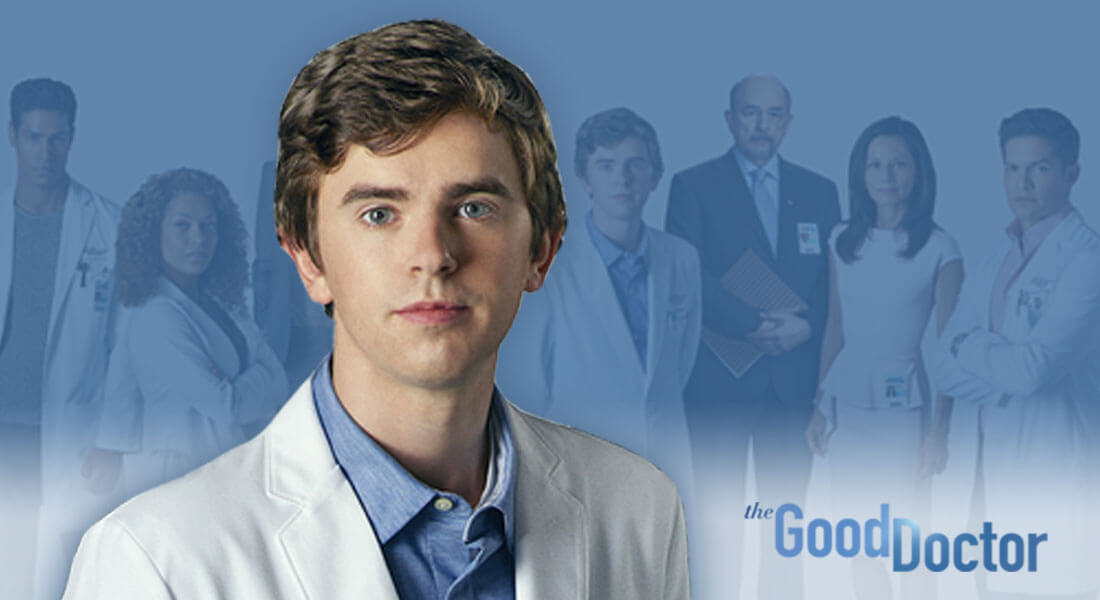Hopebridge Review of ‘The Good Doctor’
January 08, 2018
January 08, 2018

As we dive into the new year, we at Hopebridge are thankful for what 2017 brought us. The bright faces we get to see every day at our 15 new autism treatment centers that opened doors this year. The expansion of our team to more than 500 therapists and professionals across three states. And above all, the big – and sometimes seemingly little – successes achieved by our kiddos: first words, bite of a new food, creation of friendships, t-ball games and more.
While it may not live up to our Hopebridge moments, we’re also grateful that we saw autism appear more often in the media this year. From the introduction of Julia on “Sesame Street,” to the story of high school student, Sam, on “Atypical,” America was able to digitally meet more youth with autism in 2017.
Another example is ABC’s hit show, “The Good Doctor,” which dives into the second half of its first season tonight. Freddie Highmore plays Dr. Shaun Murphy, a young surgeon with autism and savant syndrome, and was recently nominated for a Golden Globe for his performance.
The conversation surrounding “The Good Doctor” is controversial in the autism community, much like that of other shows. Some are excited about the attention it puts on autism spectrum disorder, whereas others believe it is too stereotypical or unrealistic.
Hopebridge’s thoughts on the show and the main character? As we prepare for tonight’s episode, here are eight things we took away from the first half of the season. We’ll try not to give away too many spoilers in case you still need to catch up 😉
What do you think of the show? We’ll be watching tonight and throughout the season, and we hope you’ll join the conversation on the Hopebridge Facebook page! Check back with us next Monday when we recap some of the topics from the most recent episode.
Autism in Entertainment
February 25, 2018
Companies Diversify Talent by Seeking Employees with Autism and Special Needs
Autism in Entertainment
January 14, 2018
Hopebridge’s Lessons from ‘The Good Doctor:’ Firsts
Autism in Entertainment
March 19, 2018
Hopebridge’s Lessons from ‘The Good Doctor:’ Reaching Goals
Autism in Entertainment
October 08, 2018
'The Good Doctor' Highlights the Truth about Autism and Lying